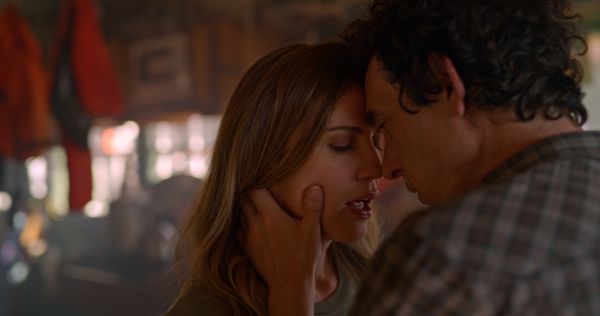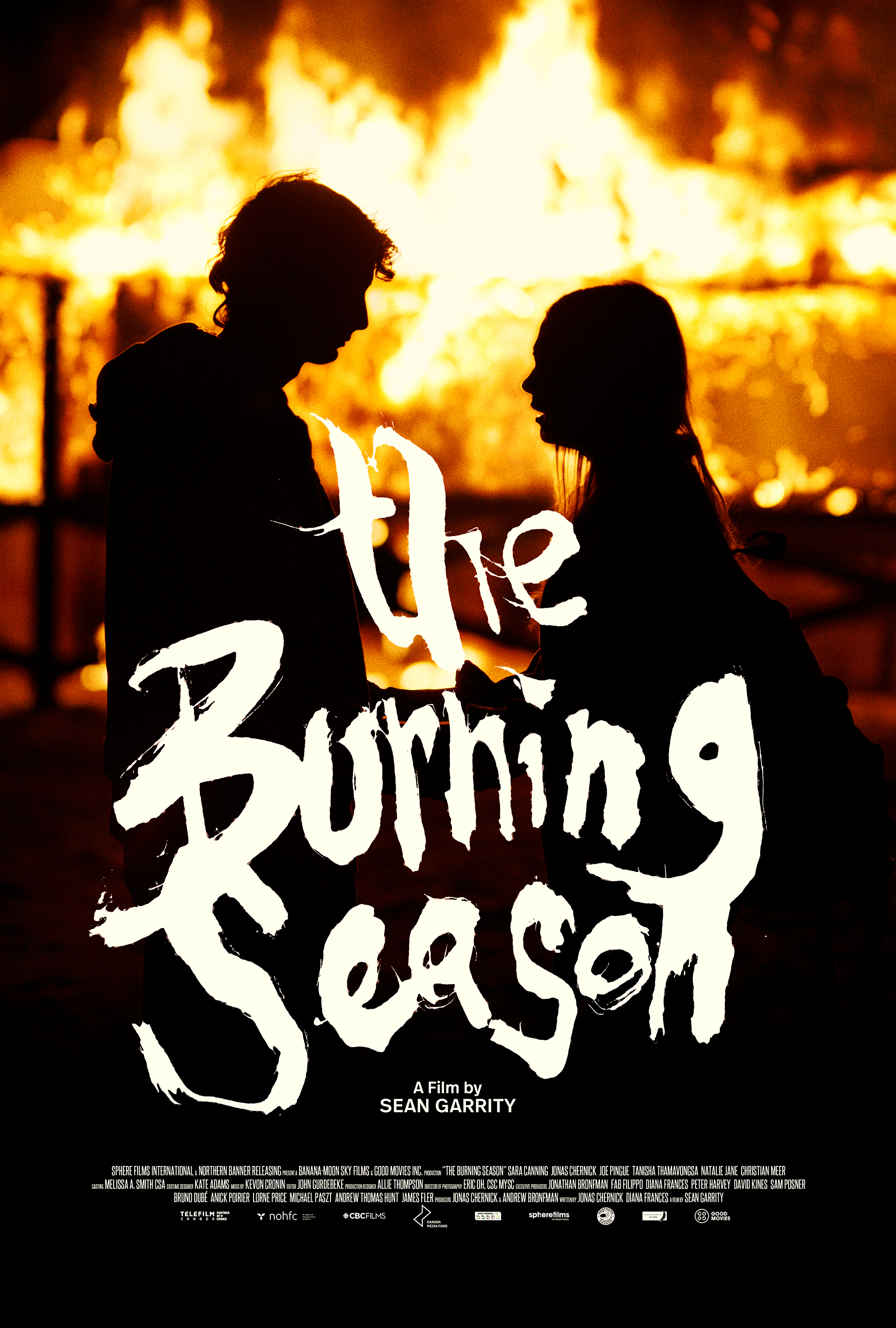Eye For Film >> Movies >> The Burning Season (2023) Film Review
The Burning Season
Reviewed by: Jennie Kermode

Cinema loves to celebrate intense, overwhelming love. It’s full of romances in which two people feel such a desperate compulsion to be together that, in the end, the whole world has to make way for them. In real life, however, people caught up by such feelings may not want to disrupt or damage the world around them. They may have other priorities and, at least rationally, want to escape from their attraction. Sean Garrity’s The Burning Season, which screened as part of the 2024 Glasgow Film Festival, examines a situation like this, travelling back in time from one liaison to another to uncover what lies at the heart of it.
It begins at a wedding – the end of the film, chronologically speaking, as it is in many a romcom, and a lot of the tropes of that genre are present. The bride is Poppy (Tanisha Thammavongsa), the groom JB (Jonas Chernick). Their friends Tom (Joe Pingue) and Alena (Sara Canning) are visiting for the ceremony. It quickly becomes apparent that something is not right. JB is drinking heavily – we will subsequently learn that he shouldn’t be drinking at all. He can’t concentrate on his new bride. As he loses his grip, becoming more and more destructive, he is no longer able to conceal his feelings for Alena. If that weren’t bad enough, Tom realises that those feelings are reciprocated.

We step back and time. JB and Alena meeting in a hotel room. Passion is swiftly followed by recriminations. They had promised themselves and each other that this wouldn’t happen again. “Those are words that I said!” he protests as she takes him to task over his hypocrisy. We get the first of numerous little hints about his troubled past, something it’s unnecessary to explore in detail. Sometimes Alena calls him Benny. Tom knows that something bad happened to her when she was young, out by the lake where we saw the wedding party. It won’t take viewers long to figure out that these two mysterious pasts are connected.
They, or the incident preceding them, which we won’t glimpse until the very end of the film, would ordinarily be the end of the narrative. Big, dramatic incidents. Broken lives. These moments are frequently presented in cinema as definitive, summing up all the people can ever be, but here the focus is on what happens afterwards. Despite that central passion, it’s clear that Alena loves Tom and values the stability he has given her; that JB loves Poppy and wants to get on with living a quiet, sober life, running the lakeside holiday resort. Can they achieve that normalcy? By peeling back the layers of the past, the film gives us insights into what might be possible in the future.
This feels, at times, like a kind of anti-cinema. It offers its share of sensation and big emotion, but elevates the ordinary, the joys of a more mundane life. JB is taken to task when he tries to hide behind his trauma. Alena strives to avoid being in situations where she’s apt to make further mistakes. It’s Tom, warm and accommodating, choosing to avoid suspicion, who provides the heart of the film, whilst Poppy haunts its fringes, differently naïve, knowing that there’s something there she doesn’t understand, hoping to matter despite it.
Chronology aside, it’s simply constructed, making plenty of room for the actors. The lakeside location, with its cosy little cabins, each providing an artificial sense of homeliness, makes the perfect setting for the characters’ fractured emotional journey. At night, the big darkness emphasises their smallness, their need for each other. In that primal space, the kind of obsession with which cinema itself is obsessed is abruptly juxtaposed with different kinds of love and different, perhaps more truly liberating ways of being human.
Reviewed on: 03 Mar 2024
















